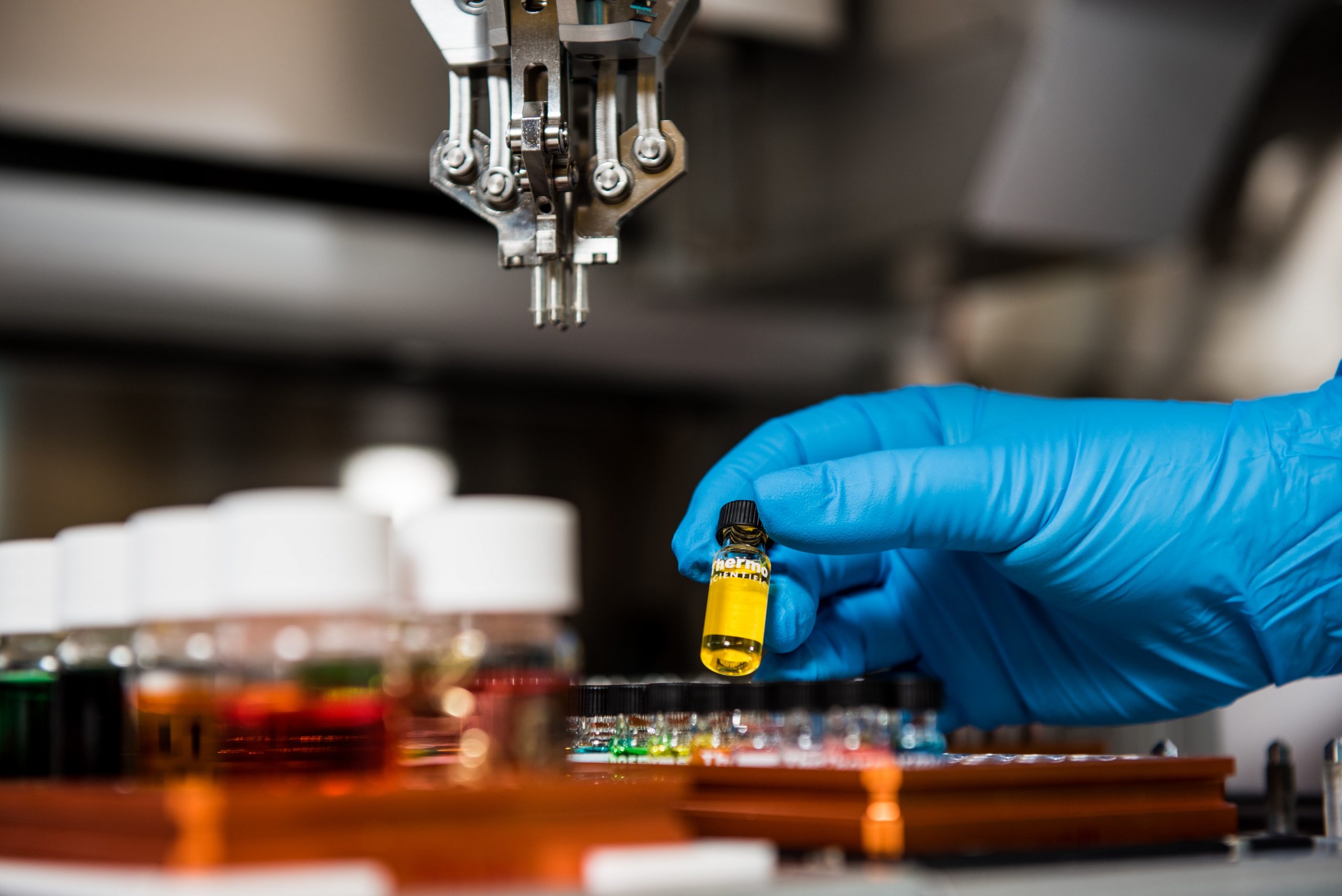
The “FASTER” Act for the Federal Laboratory System
The federal lab system is an enormous, $50 billion-plus enterprise of internal research and development (R&D) across the United States. As governments around the world, including China, pour billions of dollars into advanced technologies, it is imperative that we use our nation’s federal lab ecosystem as effectively as possible.
However, because federal labs have varying legal authorities, missions, and cultures, their records of local economic engagement and technology commercialization vary considerably. Universities, by contrast, have demonstrated a strong record of supporting regional innovation ecosystems through use of place (creating incubators, research parks, and adjacent innovation districts), talent (allowing university researchers to be involved with private-sector technology under approved and managed relationships), and innovation (using intermediary university foundations to take on business aspects of technology commercialization).
The Federal Authority for Science, Technology, Entrepreneurship, and Research (FASTER) Federal Labs Act will make it possible for all federal labs to use the tried-and-true tools that universities use for economic engagement and technology commercialization. The FASTER Federal Labs Act will do this by: (i) allowing surplus federal land to be used for public-private partnership facilities, (ii) creating clearer pathways for federal researchers to work with startup companies, and (iii) authorizing a federally charted tech-transfer organization based on models established at leading research universities. The FASTER Federal Labs Act will not require significant outlay of federal appropriations as many of its provisions simply give federal labs greater discretion over deployment of existing resources. The Act can be implemented relatively easily as an add-on to legislation expected to be considered by this Congress.
To help protect U.S. critical infrastructure workers, the next presidential administration should ensure ample supplies of high-quality respiratory personal protective equipment.
Proposed bills advance research ecosystems, economic development, and education access and move now to the U.S. House of Representatives for a vote
NIST’s guidance on “Managing Misuse Risk for Dual-Use Foundation Models” represents a significant step forward in establishing robust practices for mitigating catastrophic risks associated with advanced AI systems.
Surveillance has been used on citizen activists for decades. What can civil society do to fight back against the growing trend of widespread digital surveillance?